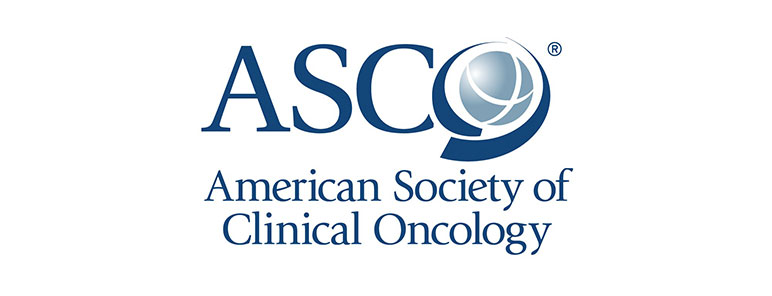
The 2016 American Society of Clinical Oncology (ASCO) Annual Meeting saw more than 30,000 cancer care professionals come together in Chicago for a 5-day event. Each year, ASCO brings together oncology experts to collaborate and share the latest ground-breaking research. This year’s conference theme was Collective Wisdom: The Future of Patient-Centered Care and Research. ASCO featured sessions dedicated to exploring how new discoveries in data and technology can help health care professionals provide optimal care for cancer patients. There was a lot of great information shared, but in case you missed it, we’ve collected the ASCO 2016 highlights below.
New Data on Extended Aromatase Inhibitor Therapy
In the breast cancer field, the MA-17R study was presented which explored outcomes of women treated with extended Aromatase-Inhibitor (AI) therapy (10 years total) vs. 5 years of AI therapy. The study examined 1918 post-menopausal women, and found that only about 4% of patients benefitted from 10 years of AI therapy vs. 5. Based on these results, clinicians stressed the importance of personalized treatment discussions between doctors and patients to assess the risk vs. benefits of extended anti-estrogen therapy. There are now information and tests available that can help with these conversations by assessing risk of late recurrence and predicting likelihood of benefit from an additional 5 years of anti-estrogen therapy.
Price
The cost of cancer care was another big issue discussed at ASCO. The United States was found to pay the highest prices for cancer drugs. This is compared to other developed nations, like Australia and England, which have the “best deal” for cost of cancer treatment. Dr. Daniel Goldstein, senior medical oncologist at Rabin Medical Center in Petach Tkvah, Israel compared the prices for 23 cancer drugs, including breast cancer medication, in seven countries (Australia, China, England, India, Israel, South Africa and the United States). Despite lower prices in poorer countries, such as India, both generic and patented drugs were less affordable in poorer countries. Countries like England and Australia are able to control drug prices without significantly affecting cancer treatment. Healthcare professionals in the United States may need to reevaluate the cost of cancer care for patients, according to Goldstein.
Vice President Joe Biden
The Vice President of the United States, Joe Biden made a special appearance at ASCO. Biden gave a speech that encouraged collaboration within the field of oncology. In support of his initiative the Cancer Moonshot, Biden discussed the importance in accelerating research and breaking down institutional barriers. The focus of the Cancer Moonshot efforts was outlined as follows, according to the Cancer Moonshot Task Force Memo:
• Accelerate understanding of cancer, and its prevention, early detection, treatment, and cure
• Improve patient access and care
• Support greater access to new research, data, and computational capabilities
• Encourage development of cancer treatments
• Identify and address any unnecessary regulatory barriers and consider ways to expedite administrative reforms
• Ensure optimal investment of Federal resources
• Identify opportunities to develop public-private partnerships and increase coordination of the Federal Government’s efforts with the private sector
New Prognostic Test Determines Risk of Late Recurrence for ER+ Patients with 1-3 Positive Nodes
Data was presented that highlighted a test developed to assess risk of recurrence after 5 years for ER+ breast cancer patients with 1-3 positive lymph nodes. The test identified 20% of early-stage, ER+ patients with 1-3 positive lymph nodes with a very low risk of metastatic recurrence out to 15 years. Generally, lymph node-positive breast cancer is associated with a higher risk of recurrence than lymph node-negative breast cancer, which results in oncologists recommending more aggressive treatment regiments, including longer durations of anti-estrogen therapy for these patients. The study showed that 20% of these patients have a low risk of late recurrence; such that physician and patient together may decide that aggressive anti-estrogen therapy may not be warranted.
That’s a wrap for ASCO 2016. Be sure to check back for breast cancer tips and news. Remember to sign-up for our newsletter to get the latest delivered right to your inbox.
Stay Informed
Thanks for your signup!
Already subscribed or you have entered an invalid email. Try Again.